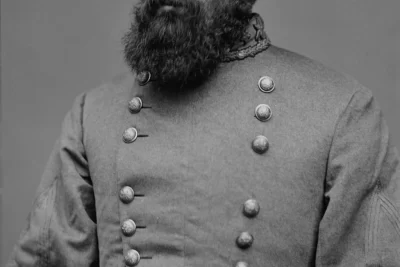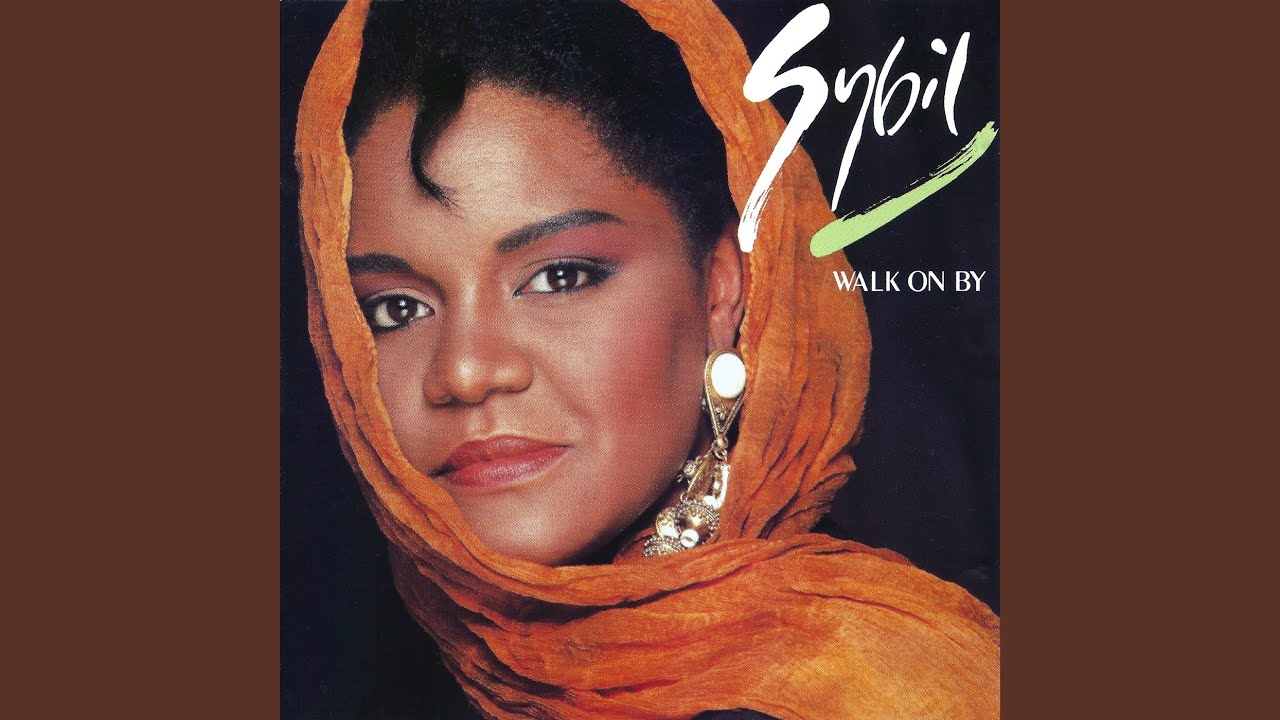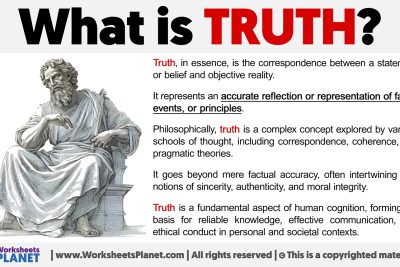
Walk on By: Understanding 'Call Me On' in Everyday Life

In today's fast-paced world, understanding the subtleties of language can significantly enhance communication and interpersonal relationships. Phrases like "walk on by" and "call me on" often reflect the complexities of human interaction and emotional expression. This article aims to explore these expressions in depth, focusing primarily on their meanings, contexts, and cultural significance.
We will delve into how phrases such as "walk on by", made famous by David Bowie's song "Modern Love," function as a metaphor for emotional detachment and neglect in social situations. Conversely, we will also discuss "call me on", a somewhat less mainstream phrase popularized by Robbie Williams, to understand its implications in everyday vocabulary, particularly within the British context. By dissecting these expressions, we aim to provide clearer insights into their usage and relevance in contemporary language.
- What Does "Walk On By" Mean?
- The Significance of Ignoring in "Modern Love"
- Exploring "Call Me On" in Everyday Language
- The British Context of "Call Me On"
- Differences Between "Call On" and "Call Me On"
- Examples of "Call On" in American English
- Conclusion: Understanding the Nuances of Everyday Expressions
What Does "Walk On By" Mean?
The phrase "walk on by" carries a profound emotional weight, particularly highlighted in the realm of music and poetry. In David Bowie's "Modern Love," this expression conveys the act of passing someone without interaction or acknowledgment. It serves as a poignant metaphor for emotional disconnection, a theme prevalent in many of Bowie's works. The phrase suggests a conscious choice to ignore someone, representing the complexities of modern relationships where genuine connections are often lost in the hustle and bustle of daily life.
The image of someone simply walking by, without stopping to engage or recognize another person, evokes feelings of loneliness and abandonment. This act is not merely physical; it extends deeper into emotional territory, implying that we, at times, choose to overlook the people or feelings that should matter to us the most.
The Significance of Ignoring in "Modern Love"
In the context of "Modern Love", the notion of ignoring one another resonates with listeners' experiences. Relationships today can feel superficial, characterized by fleeting connections rather than deep emotional engagement. By using the phrase "walk on by," Bowie captures the essence of a generation grappling with love's complexities and challenges. The act of ignoring someone, whether intentional or not, reflects societal norms where individuals often prioritize personal ambitions over relationships.
This emotional landscape opens up discussions about the implications of such dismissals. When one chooses to walk by, it signifies not only a lack of interest but can also lead to misunderstandings and feelings of inadequacy in others. The phrase serves as a reminder that while we are surrounded by many people, we're often alone in our experiences, facing decisions that shape our connections.
Exploring "Call Me On" in Everyday Language
Unlike the more well-known phrase "walk on by," the expression "call me on" is not as universally recognized. Featured in Robbie Williams' "She's the One," this phrase invites further examination. Its usage suggests a more intimate request for communication and engagement, expressing a desire for someone to reach out at an appropriate moment. While less common in everyday speech, it embodies a certain British charm and directness that may not translate as seamlessly into American vernacular.
In analyzing "call me on," we must consider its potential meanings and contexts, particularly in England, where the phrase might carry different connotations. It could suggest an invitation to discuss something that requires attention or to hold someone accountable for an action or sentiment. The underlying message is one of connection—a chance to bridge the gap between individuals, contrasting sharply with the emotional distance implied by "walk on by."
The British Context of "Call Me On"
The phrase "call me on" appears to have a distinct British flavor, intertwining with the cultural nuances of communication prevalent in the UK. In British English, there exists a rich lexicon of phrases that might not directly translate into American English, and "call me on" is one such example. It often embodies a sense of formality or directness that is commonly appreciated in British discourse.
Moreover, the idea of calling someone out on their feelings or actions resonates deeply in the British cultural context, where a strong sense of accountability is often valued. To "call someone on" their behavior is to challenge them, prompting introspection and dialogue—something that might not be as apparent in a more casual American context.
Differences Between "Call On" and "Call Me On"
While "call me on" presents a particular invitation for communication, it is important to differentiate it from the phrase "call on." The latter carries its own set of meanings in American English, often involving visiting someone or requesting assistance or attention. For instance, you might call on a friend for help with a project or call on a colleague to provide their expertise in a meeting.
It is essential to note that while both phrases involve the word "call," their uses diverge significantly. The phrase "call on" tends to denote a more straightforward action without the emotional depth that "call me on" encapsulates. Understanding these distinctions is crucial for non-native speakers and those looking to deepen their grasp of English expressions.
Examples of "Call On" in American English
To further clarify the usage of "call on," we can look at several common examples in everyday conversation. For instance:
- Call on a friend: "I decided to call on my friend for advice before making the final decision."
- Call on a student: "The teacher called on each student to share their thoughts on the book."
- Call on a colleague: "During the meeting, the manager called on John to explain his proposal."
Each of these instances highlights the various contexts in which "call on" is employed, illustrating its suitability for more practical, goal-oriented conversations.
Conclusion: Understanding the Nuances of Everyday Expressions
In conclusion, the phrases "walk on by" and "call me on" open a dialogue about the richness and complexity of language in our daily lives. While Bowie’s use of "walk on by" encapsulates feelings of neglect and emotional distance, Robbie Williams' "call me on" provides an opportunity for connection and accountability, particularly within the British context.
Through this exploration, we discover that language is not just a tool for communication; it's a reflection of our social interactions and emotional landscapes. Phrases that may seem simple at first glance, such as "walked me" and "call me on," reveal layers of meaning that resonate within various cultural frameworks. As we engage with these expressions, understanding their nuances can lead to richer, more meaningful conversations in our personal and professional lives.
Did you find this article helpful? Walk on By: Understanding 'Call Me On' in Everyday Life See more here Education.
Leave a Reply






Related posts